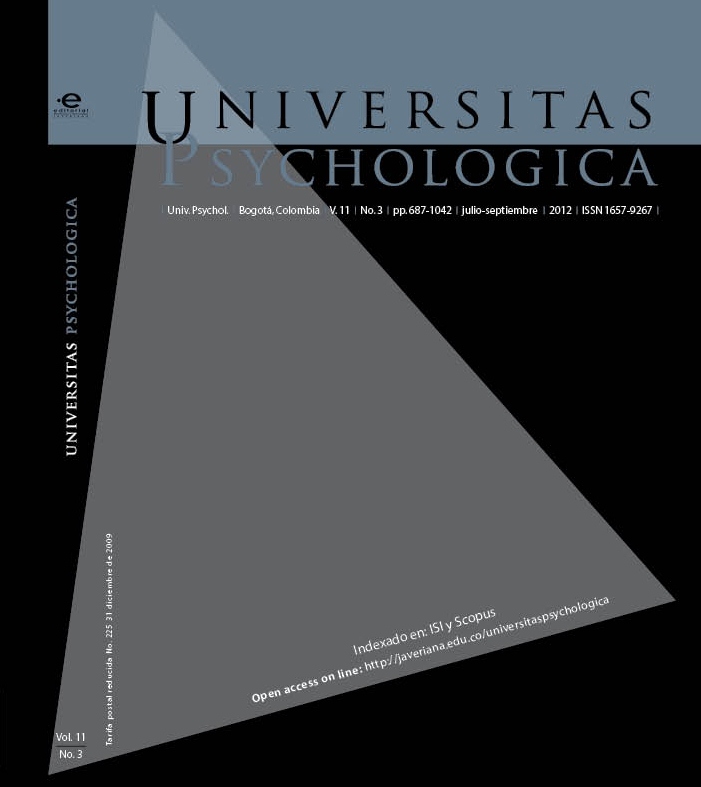Abstract
The present paper is a review of the theoretical advances and empirical findings related to social representations according to the structural approach, a research stream that aims at studying the influence of social factors in thinking processes through the identification and characterization of relationship structures. The presentation of the approach begins with the baseline definitions of social representations according to a structural approach, moving on to an overview on the nature of representation elements, the relationships between representations and practices, cognitive scheme dimensions, central core theory, representation transformations and interaction context effects. In addition to positioning ourselves concerning polemic topics during the review, in the final section we evaluate briefly the current state and future perspectives of structural research on social representations, mostly addressing the problem of defining consensus, the difficulty of characterizing a collective construct from individual data, and the secondary importance of content in structural laws.
This journal is registered under a Creative Commons Attribution 4.0 International Public License. Thus, this work may be reproduced, distributed, and publicly shared in digital format, as long as the names of the authors and Pontificia Universidad Javeriana are acknowledged. Others are allowed to quote, adapt, transform, auto-archive, republish, and create based on this material, for any purpose (even commercial ones), provided the authorship is duly acknowledged, a link to the original work is provided, and it is specified if changes have been made. Pontificia Universidad Javeriana does not hold the rights of published works and the authors are solely responsible for the contents of their works; they keep the moral, intellectual, privacy, and publicity rights. Approving the intervention of the work (review, copy-editing, translation, layout) and the following outreach, are granted through an use license and not through an assignment of rights. This means the journal and Pontificia Universidad Javeriana cannot be held responsible for any ethical malpractice by the authors. As a consequence of the protection granted by the use license, the journal is not required to publish recantations or modify information already published, unless the errata stems from the editorial management process. Publishing contents in this journal does not generate royalties for contributors.


